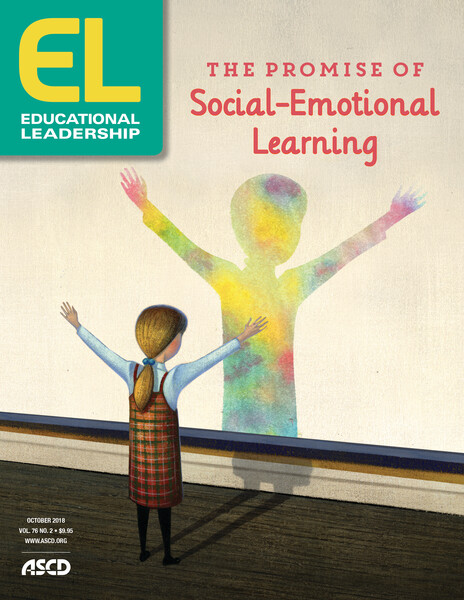Kindergarten students who exhibit positive social and emotional behaviors perform better academically than their peers as they progress through school, according to a multiyear set of studies conducted by researchers in Australia.
The research team assessed more than 50,000 kindergarteners in New South Wales, Australia, in 2009 and more than 100,000 in 2012 for three positive social-emotional behaviors (cooperation, social responsibility, and helpfulness) and two negative behaviors (anxiousness and aggressive-disruptive behavior).
They used their analysis to create four social-emotional behavior profiles for the students—Pro-Social (scoring highest in the areas of positive, adaptive behaviors), Anxious (high levels of anxious behavior, but still socially responsible), Aggressive (high levels of disruptive behavior), and Vulnerable (with very high levels of anxious and aggressive-disruptive behavior and low levels of all three positive behaviors).
Students in the Pro-Social profile were more likely to be female and live in homes with a high socioeconomic status. Male students were more likely to fall into the Aggressive profile, and English language learners were more likely to be in the Anxious and Aggressive profiles.
Through an analysis of standardized test scores, the researchers found that the profiles were also correlated with academic performance in later grades. Students with higher degrees of positive, adaptive social-emotional behaviors had better test scores in grades 3 and 5. Students with high anxious and aggressive behavior, on the other hand, tended to receive lower academic scores.
According to the researchers, the results suggest that helping students develop positive social-emotional skills as early as kindergarten can have profound effects as students progress through school. In addition, educators may be able to target teaching and therapy to a student's unique social-emotional profile.
The study, "Social and Emotional Behavioral Profiles in Kindergarten: A Population-Based Latent Profile Analysis of Links to Socio-Educational Characteristics and Later Achievement," was published in the Journal of Educational Psychology in January, 2018.





